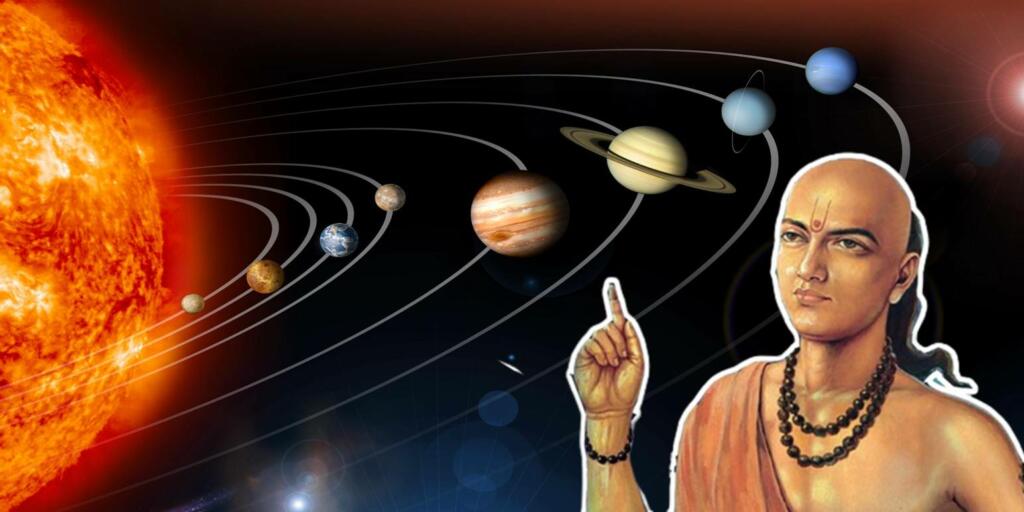There are way too many examples of the Western world claiming what was legitimately discovered or invented in ancient India. In fact, even the concept of a seven-day week comes from India and was appropriated by the West. How? Let’s find out.
Origin of the seven-day week
The seven-day week that is followed around the world finds its origin in Mayasura’s Surya Siddhanta. It was the first source that idealised the concept of a seven-day week as we know it today starting from the epochal day, that is, 22 February 6778 BCE.
It lays down the basis of a 7-day week apart from explaining the conventions behind sequencing the days within the week. Later, Greek, Hebrew, Arabic, and Babylonian calendars in the Middle East incorporated the seven-day week concept invented in ancient India.
Ultimately, the Western world adopted and appropriated the seven-day week. However, both Julian and Georgian calendars would need correction if Surya Siddhanta’s original approach is followed. As per Surya Siddhanta, 22 February 6778 BCE was a Sunday as the first day was attributed to the Sun God and not a Wednesday. The British had got the days reset by an executive order on the basis of which the current calendar was formulated.
Aryabhatiya offers a cogent explanation
Later, Aryabhatiya offers a cogent explanation of a seven-day week. While Surya Siddhanta and Aryabhatiya share several commonalities, Surya Siddhant is much older than Aryabhatiya. Aryabhatiya was probably compiled in the fifth century whereas the Surya Siddhanta is several thousand years old and the actual epoch was probably as far back as 7300 BCE- 7800 BCE. Also, Surya Siddhanta was updated several times and the latest update was made as recently as 580 CE.
Written by great mathematician Aryabhatta, Aryabhatiya explains how the seven Grahas starting with Saturn are arranged in the order of increasing velocity and that they are lords of successive hours. The Grahas coming fourth in the order of velocity are the lords of the successive days, which are reckoned from Sunrise in Lanka. This explains the concept of a seven-day week quite precisely.
The concept of 24 hours
While we see cogent documentation of a seven-day week in ancient Indian Astrology and Mathematics, we do not see such clear evidence of a 24 hour-day in ancient India. However, there is one such reference in Srimad Bhagavad Purana.
The ancient Indian team measurement system used the concept of 30 Muhurtas that equals one AhoRatra (or what we call the 24-hour day today). 1 Muhurta thus equalled 48 minutes. In the Srimad Bhagavad Purana however 1 Muhurta equals 60 minutes or what we call 1 hour today. It was referred to as ‘hora’ in ancient India.Varahamihira suggested Sanskrit origin of the term ‘hora’ as being derived out of the term ‘ahoratra’ which also explains that the hour (hora) is a constituent of the day (ahoratra).
The system of dividing a day into 24 hora was however relevant only in consideration with the theory of week days and astrology. For astronomy, other time units were taken into consideration and the ancient Indian time units were also flexible with changing seasons and fluctuating durations of daytime and nights.
The time measurement system in the Srimad Bhagavad Purana was suitable for both astronomy and astrology purposes, as well as for timekeeping. More importantly, it predated what popular came to be known as the ‘24×7’ system in the West. Ancient Indian knowledge had devised a weekday with 7 days and 24 hora (hours) and discovered the knowledge 24 hours, 1440 minutes and 86400 seconds.
How the West appropriated Indian knowledge
Every time someone tries to bring up vast knowledge of science, mathematics, planetary motions and astronomy in ancient India, someone does try to claim that the Europeans were the first ones to make all major discoveries and all major inventions. The likes Copernicus, Kepler, Galileo and Newton are attributed with having discovered anything and everything.
It is here that we need to take into consideration the opinion given by Sir Oliver Lodge. Lodge said that the seven grahas-Moon, Mercury, Venus, Sun, Mars, Jupiter, Saturn and that they were ordered in this sequence due to their distance from the Sun.
The West may have as well adopted and appropriated the same knowledge. The Western calendar that runs from Sunday to Saturday too relies on the names of planets. Similar nomenclature is followed in other Northern European languages like Danish, Dutch or Swedish. French, Italian and Spanish weekdays too are named after Roman days of the planets.
Yet, much before the Western world adopted this calendar, two ancient Indian works had already devised a similar system.
